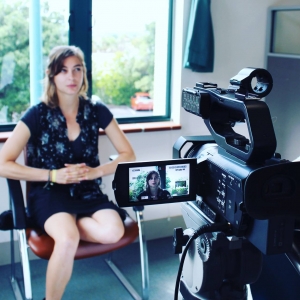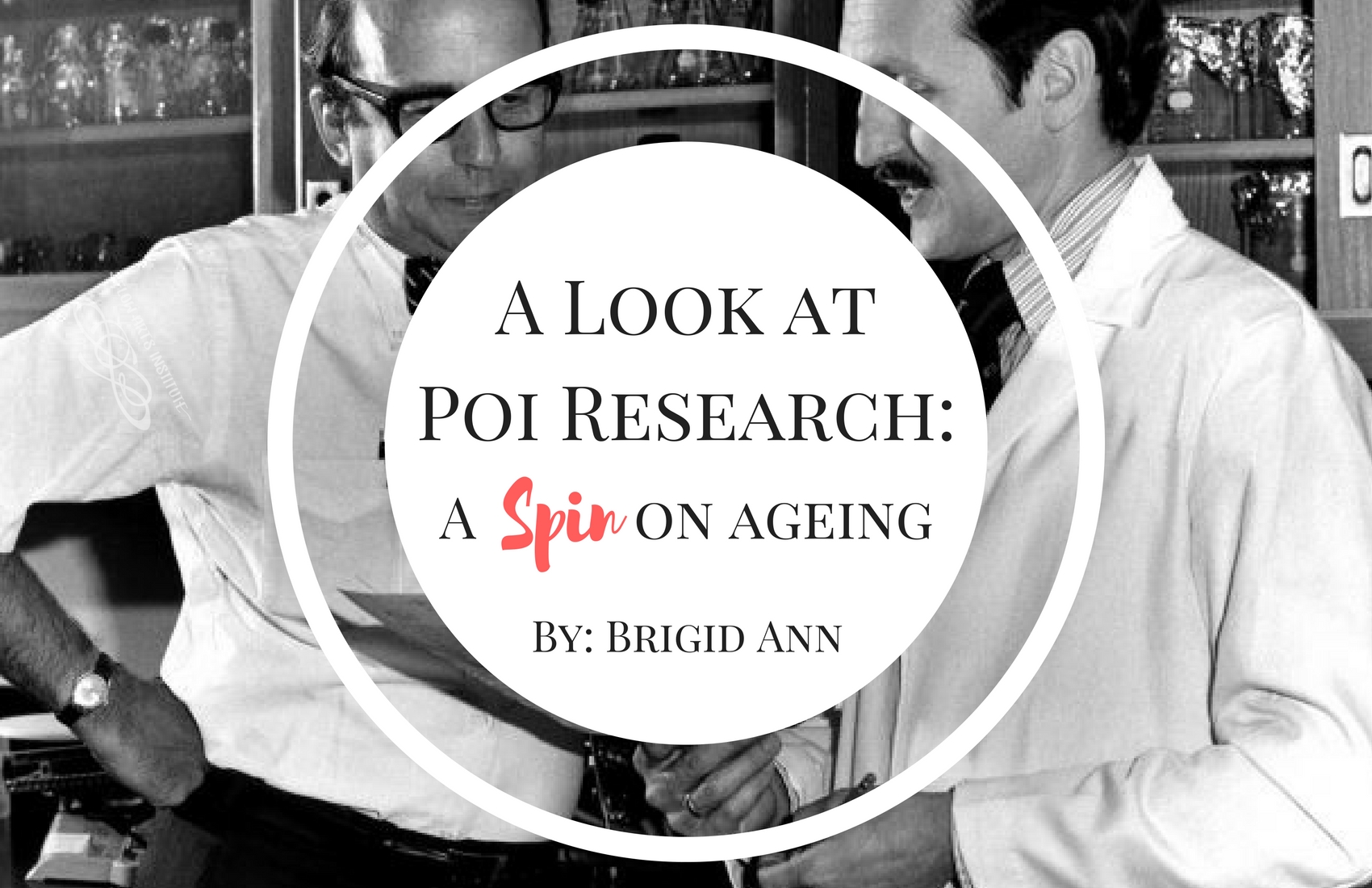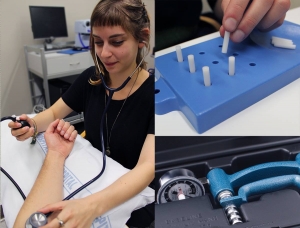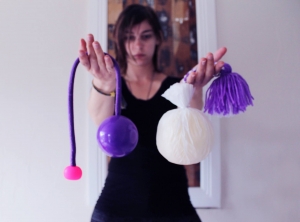
For many of us in the Flow Arts, we are aware there is a connection between spinning and our personal wellness. Now, we are reaching a place where the effects of these arts can be studied to obtain scientific evidence supporting these longtime held beliefs. One of the people leading the way in this area is Kate Riegle van West. Kate Riegle van West, is a PhD student halfway through her studies at the University of Auckland, New Zealand. Kate has a strong background in circus and flow arts, even creating a musical poi instrument. After years of working in the field teaching and approaching poi from an artistic standpoint, she took her journey to New Zealand to discover “Why does spinning poi feel so good” in the country with the strongest cultural ties to Poi.
Recently, Kate has released a short video looking at her current study on if poi can maintain or improve physical and cognitive function in healthy older adults. Her study took 40 healthy adults and divided them into two groups, the poi group and the controlled group. The controlled group participated in Tai Chi, as there has also been evidence to suggest that activity has physical and cognitive benefits for aging individuals. Each group took 2 lessons a week for a month in their movement activity. Pre-screening testing was done on all participants with the same tests being administered after the lessons completed to compare the results. These comprehensive tests look at both the mental process, such as cognitive function, and physical abilities like grip strength.
One of the great things about this documentary was having actual participants being honest about their experiences in interviews. As expected, everyone had their own reasons for participating in the study and most had no idea Poi was an international phenomenon at the level it currently is. As the study progressed, participants become less frustrated with their skill and began to feel proud of level of progress they each had made in the short amount of time. Participants were asked to write down three words after each lesson and the words noticeably change in the poi group compared to the Tai Chi group. These word clouds are available to view on the spinpoi.com website.
Currently the results are being analyzed from the first round of the study and we eagerly await the findings. As Kate herself predicts, there may not be clear answers or results at this stage. However, the work she is doing is opening the door to further scientific explorations and the beginnings of a relationship with the scientific community. We can rest assured that as the “first doctor of poi” Kate Riegle van West will continue to make groundbreaking strides in the field.
Here is a short documentary of the study for you to check out.
More information can be found at http://www.spinpoi.com/





Comments 2
I am about to start a similar unit at a retirement home near me. I will be using the following ideas in my curriculum:
1) Drawing circles on paper with both hands at the same time.
2) Using sock poi with knobs
3) Asking participants to write down words for a word cloud
4) Comparing it to tai chi.
I was excited before, but now I’m thrilled! I will let you guys know how it turns out!
Hi Tony! Would love to know how your poi program in the retirement village went 🙂 Feel free to message me directly at kate@spinpoi.com. All my best, – Kate (from the article)